Filter by
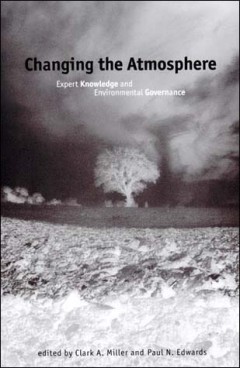
Changing the Atmosphere: Expert Knowledge and Environmental Governance
In recent years, Earth systems science has advanced rapidly, helping to transform climate change and other planetary risks into major political issues. Changing the Atmosphere strengthens our understanding of this important link between expert knowledge and environmental governance. In so doing, it illustrates how the emerging field of science and technology studies can inform our understanding…
- Edition
- -
- ISBN/ISSN
- 9780262279819
- Collation
- 1 online resource (xii, 385 pages) :illustrations.
- Series Title
- -
- Call Number
- -
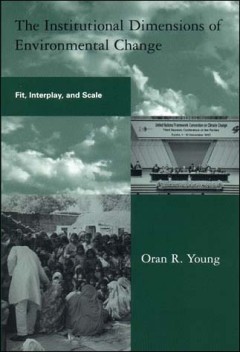
The institutional dimensions of environmental change : fit, interplay, and scale
Researchers studying the role institutions play in causing and confronting environmental change use a variety of concepts and methods that make it difficult to compare their findings. Seeking to remedy this problem, Oran Young takes the analytic themes identified in the Institutional Dimensions of Global Environmental Change (IDGEC) Science Plan as cutting-edge research concerns and develops th…
- Edition
- -
- ISBN/ISSN
- 9780262286572
- Collation
- 1 online resource (xv, 221 pages)
- Series Title
- -
- Call Number
- 333 YOU i
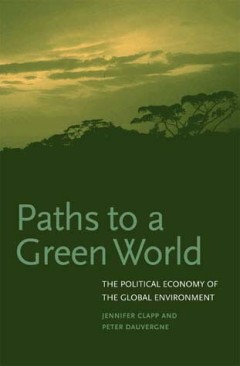
Paths to a green world :the political economy of the global environment
This comprehensive and accessible text fills the need for a political economy view of global environmental politics, focusing on the ways key economic processes affect environmental outcomes. It examines the main actors and forces shaping global environmental management, particularly in the developing world. Moving beyond the usual academic emphasis on international agreements and institutions,…
- Edition
- -
- ISBN/ISSN
- 9780262270403
- Collation
- 1 online resource (xxi, 327 pages) :illustrations
- Series Title
- -
- Call Number
- -
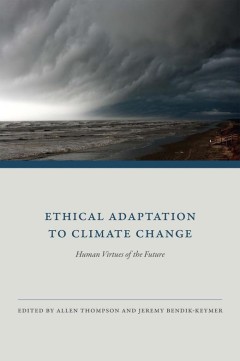
Ethical adaptation to climate change :human virtues of the future
Predictions about global climate change have produced both stark scenarios of environmental catastrophe and purportedly pragmatic ideas about adaptation. This book takes a different perspective exploring the idea that the challenge of adapting to global climate change is fundamentally an ethical one.OCLC-licensed vendor bibliographic record.
- Edition
- -
- ISBN/ISSN
- 9780262301541
- Collation
- 1 online resource
- Series Title
- -
- Call Number
- -
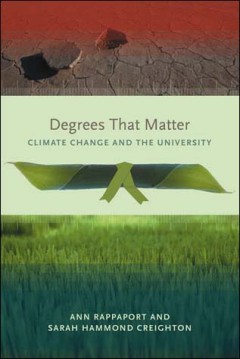
Degrees that matter: climate change and the university
Explains how members of college and university communities can take action on climate change: strategies, projects, and lessons in how to motivate complex organizations to make changes.OCLC-licensed vendor bibliographic record.
- Edition
- -
- ISBN/ISSN
- 9780262282086
- Collation
- 1 online resource (xviii, 372 pages) :illustrations.
- Series Title
- -
- Call Number
- -
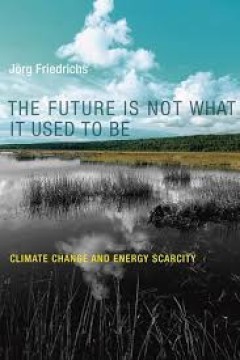
The future is not what it used to be : climate change and energy scarcity
"The future is not what it used to be because we can no longer rely on the comforting assumption that it will resemble the past. Past abundance of fuel, for example, does not imply unending abundance. Infinite growth on a finite planet is not possible. In this book, J?org Friedrichs argues that industrial society itself is transitory, and he examines the prospects for our civilization's coming …
- Edition
- -
- ISBN/ISSN
- 9780262316620
- Collation
- 1 online resource
- Series Title
- -
- Call Number
- -
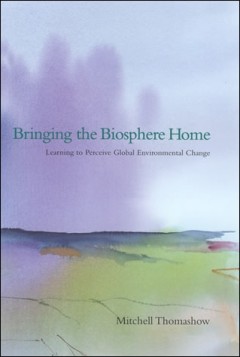
Bringing the biosphere home :learning to perceive global environmental change
A guide for understanding the ecological and existential aspects of global environmental change.This book shows how to make global environmental problems more tangible, so that they become an integral part of everyday awareness. At its core is a simple assumption: that the best way to learn to perceive the biosphere is to pay close attention to our immediate surroundings. Through local natural …
- Edition
- -
- ISBN/ISSN
- 9780262284899
- Collation
- 1 online resource (244 pages)
- Series Title
- -
- Call Number
- -
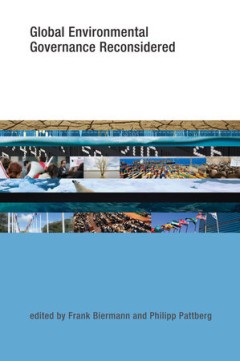
Global environmental governance reconsidered
An examination of three major trends in global governance, exemplified by developments in transnational environmental rule-setting.The notion of global governance is widely studied in academia and increasingly relevant to politics and policy making. Yet many of its fundamental elements remain unclear in both theory and practice. This book offers a fresh perspective by analyzing global governanc…
- Edition
- -
- ISBN/ISSN
- 9780262305709
- Collation
- 1 online resource (xvi, 301 pages).
- Series Title
- -
- Call Number
- -
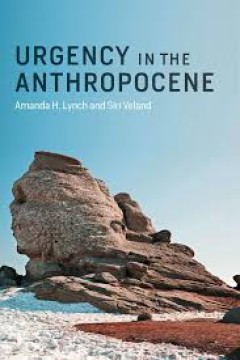
Urgency in the Anthropocene
Is this the Anthropocene? The age in which humans have become a geological force, leaving indelible signs of their activities on the earth. The narrative of the Anthropocene so far is characterized by extremes, emergencies, and exceptions-a tale of apocalypse by our own hands. The sense of ongoing crisis emboldens policy and governance responses that challenge established systems of sovereignty…
- Edition
- -
- ISBN/ISSN
- 9780262348898
- Collation
- 1 online resource (xii, 238 pages)
- Series Title
- -
- Call Number
- -
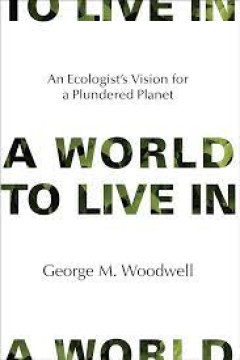
A world to live in :an ecologist's vision for a plundered planet
A century of industrial development is the briefest of moments in the half billion years of the earth's evolution. And yet our current era has brought greater changes to the earth than any period in human history. The biosphere, the globe's life-giving envelope of air and climate, has been changed irreparably. In A World to Live In, the distinguished ecologist George Woodwell shows that the bio…
- Edition
- -
- ISBN/ISSN
- 9780262333689
- Collation
- 1 online resource (xvi, 227 pages)
- Series Title
- -
- Call Number
- -
 Computer Science, Information & General Works
Computer Science, Information & General Works  Philosophy & Psychology
Philosophy & Psychology  Religion
Religion  Social Sciences
Social Sciences  Language
Language  Pure Science
Pure Science  Applied Sciences
Applied Sciences  Art & Recreation
Art & Recreation  Literature
Literature  History & Geography
History & Geography